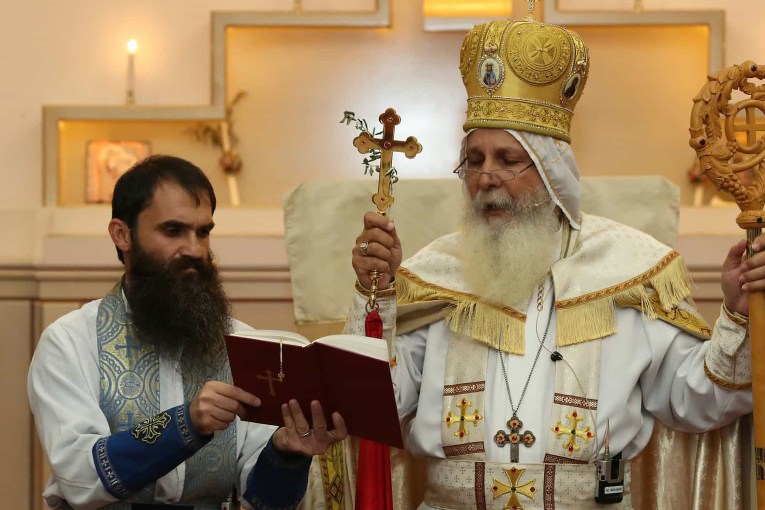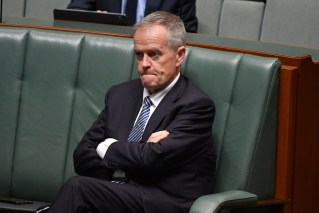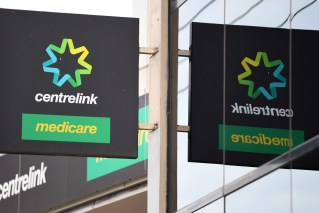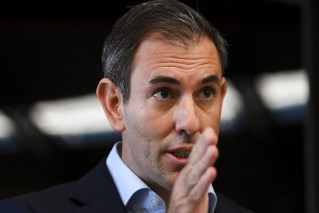From Brisbane garage to a $1.8b giant, Queensland’s energy Midas strikes again
Queensland energy entrpreneur Trevor St Baker has turned a $40 million investment in a start-up electric vehicle battery charging company into an estimated $385 million windfall in a deal that will take Brisbane’s Tritium to the American Nasdaq index.

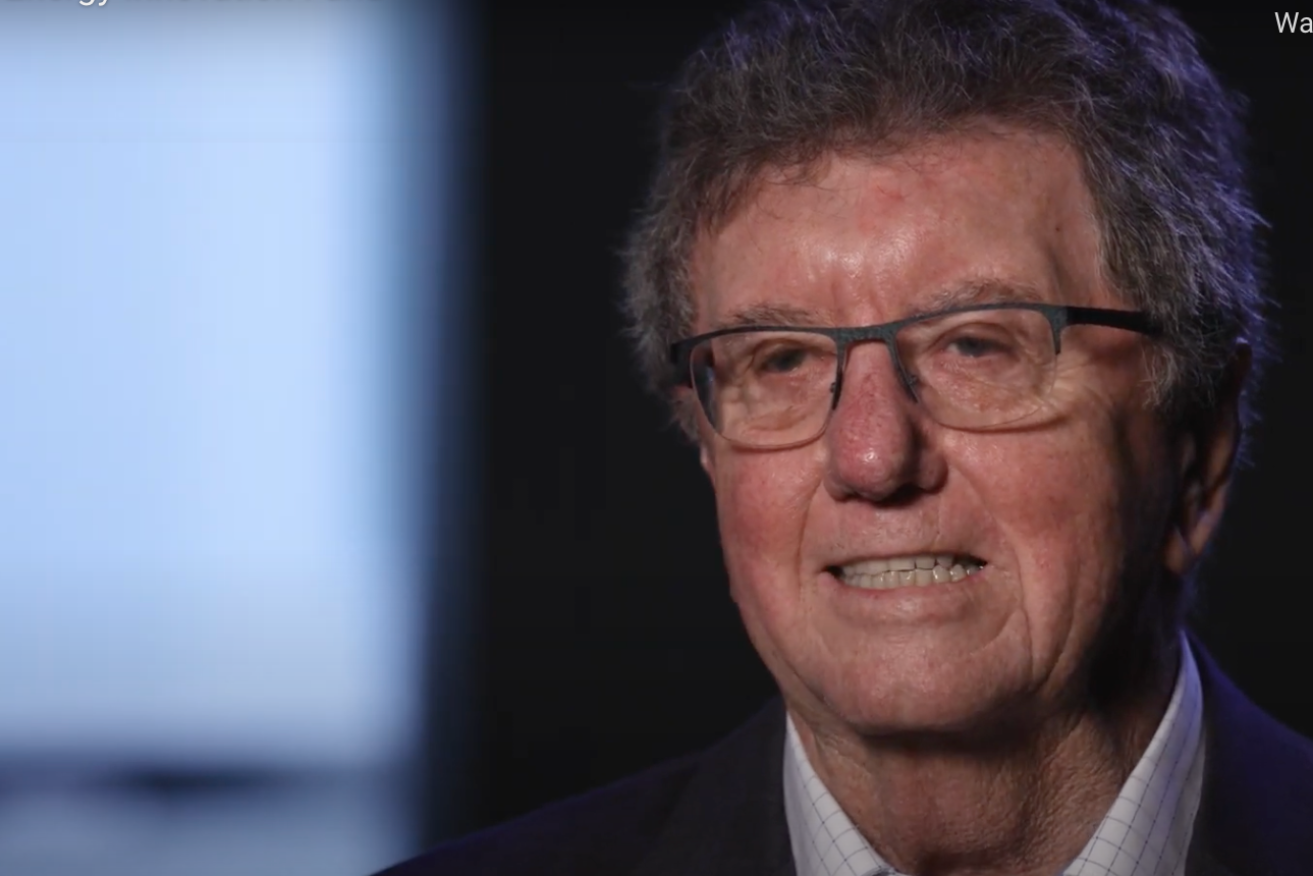
Trevor St Baker is a major investor in Novonix
The deal values Tritium at $1.8 billion and has made its founders James Kennedy, David Finn and Paul Sernia, who started the company 20 years ago in a Brisbane garage, leaders of the fast-charging sector and presumably much richer.
Only two years ago, Tritium had a value of about $300 million.
It will also make Brisbane the company’s Asia Pacific hub as it expands using a bankroll that has been created through the deal.
Tritium chief executive Jane Hunter said the company planned to expand to three global manufacturing facilities, expedite product development, grow the global sales and service operations teams “and so much more’’.
Under the deal, Tritium will merge with what is known as a special purpose acquisition company, Decarbonisation Plus (known by its Nasdaq code DCRN).
DCRN’s Robert Tichio said under the deal, Tritium will have a $US1.4 billion ($A1.8 billion) enterprise value deal, and post-merger the combined company will emerge with $US300 million of cash on its balance sheet which “will arm the company for merger and acquisitions or other growth efforts above the base business plan’’.
The company said that based on its forecast earnings it would have an enterprise value of $4.9 billion to $5.6 billion by 2025-26.
Tritium began as an entrant in Australia’s annual solar car race and St Baker’s initial $1 million investment was based on what he claims was a lifelong passion to rid cities of smog caused by cars. His St Baker Innovation fund later invested about $40 million.
St Baker started his corporate life in 1980 in an office with a card table and chair in a building in Eagle St. From there he started an energy consultancy that was ERM.
In 2019, St Baker sold ERM, which at the time owned six power stations, to Shell for $617 million and he has used the proceeds as seed money for developments like Tritium.
He also has a major stake in Brisbane battery materials company Novonix and several other companies in the energy sector.
He became Tritium’s biggest shareholder with 26 per cent and will remain on the board of the merged company. Tritium’s shareholders will own about 70 per cent of the merged company.
Hunter, a former executive with Boeing, will remain at the head of the merged company. St Baker’s long-time partner Brian Flannery is also an early investor in Tritium and will take a seat on the board.
“At the moment, there’s a land grab going on among the industries that have an interest in charging infrastructure – utilities, fleets, retailers, fuel sellers, car manufacturers and charge point operators,’’ Hunter said.
“That competition in the market to own the infrastructure that is driving demand for chargers, so the rollout of charging infrastructure’s actually outpacing the vehicle uptake rates – meaning there’s a higher front-loaded compound annual growth rate for charging hardware than for EV uptake.’’
St Baker said the deal marked “an incredibly proud day’’ for Tritium’s founders, Kennedy, Finn and Paul, and also for Australia’s technology and e-mobility sectors, St Baker said.
“We’re proud to have supported the Tritium success story from a start-up in Brisbane, to a global exporter and manufacturer of advanced charging technology with a leading global market share.
“To see James Kennedy, David Finn and Paul Sernia grow in stature from their solar car racing days to being global leaders in ultra-fast and fast charging technology and manufacturing and commercialising is a great thrill.’’
Founder Finn said the company’s goal has always been to make possible the mass adoption of electric vehicles.
“From the very early days when we raced the solar car across Australia you sit there watching … and you realise it can do this on the power of the sun and not much more than the power it takes to toast your toast in the morning, you realise this can work,’’ he said.
“And it’s been a long road to develop that technology from where it was then to what we need today.’’
There is little detail about Tritium but it did report a $50 million loss in 2019 when the company was estimated to have a value of $300 million. Global company Gilbarco bought a 19.5 per cent stake that year for $58 million. Varley Group also had a 21 per cent stake.
